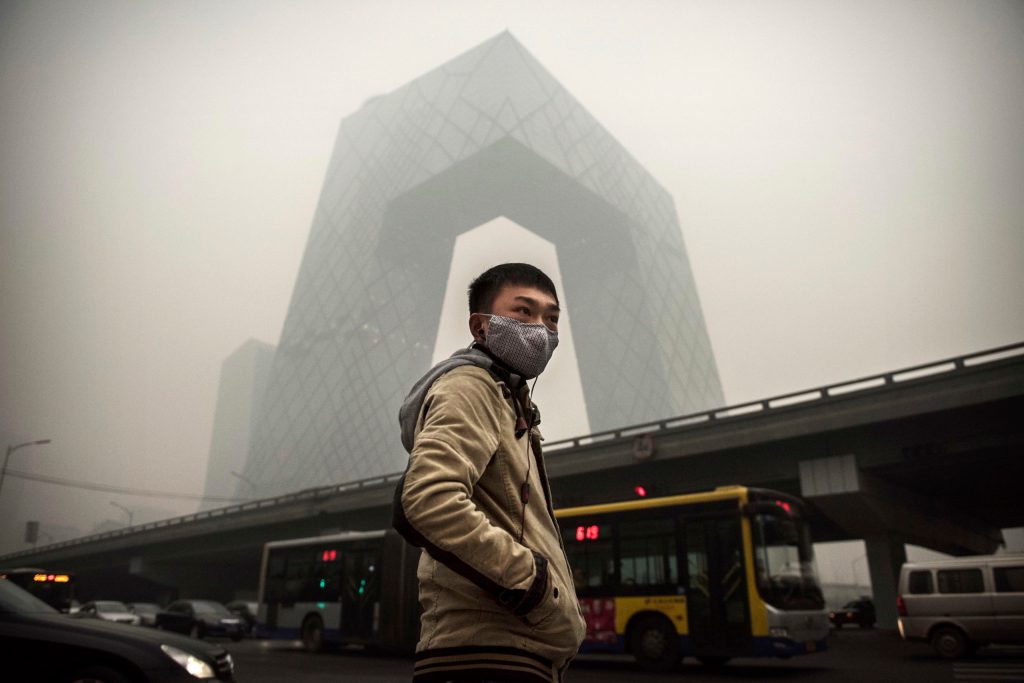Beijing’s renewed outbreak of COVID-19 could not possibly, of course, have originated within China. It had to be implanted on the population via imported salmon. But thank God the manager of the city’s Xinfadi food market has been dismissed, so it won’t happen again.
That, at least, is the Chinese version of events. For weeks, the country has claimed to have beaten the virus, with the occasional new case being blamed on foreign arrivals. Now, with 100 cases in the past week, Beijing is heading into lockdown. And it is all the fault of foreigners — never mind that the virus almost certainly originated in China in the first place, and that authorities initially covered it up.
No doubt it suits China to spin a narrative that its careful efforts to suppress COVID-19 have been undone by carelessness elsewhere in the world, especially in the West. But the real lesson of the outbreak in Beijing is quite different. What it tells us is the futility of trying to suppress this virus via lockdown. China won praise in March for apparently capping the spread of the virus to Wuhan. Indeed, Western governments were so impressed that — whether or not they like to admit it — they imported the methods of the Chinese Communist party, closing down society and ordering their citizens indoors for weeks on end in an effort to snuff out COVID-19 for good.
In Britain, the government initially resisted lockdown, with the chief scientific advisor, Sir Patrick Vallance, telling reporters in mid-March that he feared China had simply barricaded the virus in the apartment blocks of Wuhan and that the epidemic would revive itself as soon as the virus was finally released. As a result, he and several of his colleagues suggested that the only way of beating the virus was for the population to be allowed to develop herd immunity. Even so, public pressure soon forced the UK government to adopt a lockdown anyway. In recent weeks, many of the same scientists who in March spoke of herd immunity have begun to accuse the government of not going into lockdown fast enough, and that by doing so tens of thousands of lives could have been saved. Never has China been so influential in the West.
[special_offer]
What the latest outbreak suggests is that Vallance may have been right first time — the virus was indeed lying low in China, waiting for an opportunity to break out. As soon as life in China returned to something approaching normality, it seized its chance. Maybe the Chinese authorities will succeed in suppressing it a second time — but it is still liable to pop up again.
What is so insidious about this virus is that up to 80 percent of people infected with it are asymptomatic. That makes it so much more difficult to control through ‘track and trace’ systems — if four in five people have no way of knowing whether they are infected, how can you track and trace their contacts? The only way to control it would be to test almost everyone, every week.
The history of COVID-19 is far, far from complete. We can’t yet even write the first draft. But when it does come to be written, no one should be surprised if what ultimately stopped it killing us was a combination of herd immunity and evolution of the virus itself to become less deadly — and that lockdowns, for all their horrific economic cost, achieved little.
This article was originally published on The Spectator’s UK website.


















